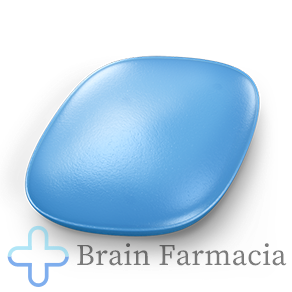The Importance of Regular Medication
By adhering to a regular medication schedule, you can ensure the effectiveness and safety of your treatment. It is crucial to take your prescribed medications as directed by your healthcare provider. Regular medication intake helps maintain appropriate drug levels in your body, allowing for optimal therapeutic effects.
Follow Your Healthcare Provider's Instructions
Your healthcare provider will provide specific instructions on how and when to take your medication. It is important to follow these instructions diligently to achieve the desired treatment outcomes. If you have any concerns or questions regarding your medication regimen, always consult with your healthcare provider.
Benefits of Regular Medication Use
Regularly taking your prescribed medication offers several benefits:
- Improved symptom management
- Prevention of disease progression
- Enhanced overall well-being
- Reduced risk of complications
Consistent medication use is especially vital for chronic conditions that require long-term treatment. By staying consistent with your medication routine, you empower yourself to better manage your health and live a fulfilling life.
Drug Interactions: What You Need to Know
Understanding and managing potential drug interactions is crucial to your safety and well-being. Drug interactions occur when two or more medications or substances interact and affect how one or both drugs work in your body. Some important considerations regarding drug interactions include:
Types of Drug Interactions
There are several types of drug interactions:
- Drug-drug interactions: Interactions between two or more medications
- Drug-food interactions: Interactions between a medication and certain foods
- Drug-alcohol interactions: Interactions between a medication and alcoholic beverages
- Drug-disease interactions: Interactions between medications and specific medical conditions
How to Minimize the Risk of Drug Interactions
To minimize the risk of drug interactions:
- Inform your healthcare provider about all medications you are taking, including over-the-counter drugs, supplements, and herbal remedies
- Always read the medication labels and patient information leaflets carefully
- Avoid sudden changes in your medication regimen without consulting your healthcare provider
- Ask your healthcare provider or pharmacist if you have any concerns about potential drug interactions
By being proactive and informed, you can significantly reduce the likelihood of experiencing harmful drug interactions.






